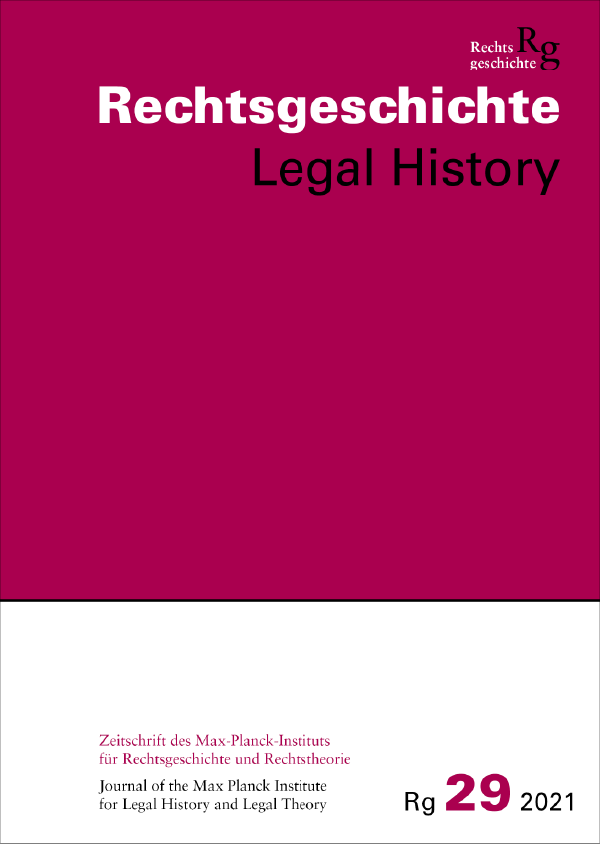Libertas as an Expression of Roman Identity in Cicero and Sallust
DOI:
https://doi.org/10.12946/rg29/200-210Schlagworte:
libertas, mos maiorum, ius, populares, optimatesAbstract
In the late Republican period, mos maiorum, libertas and ius are no longer evoked to pursue the common good of the state, as was the case in the Rome of the maiores, but instead in an individualistic sense. Cicero theorizes a form of limited libertas of the people that does not call into question but rather further legitimizes the authority of the optimates. Cicero exalts the mixed constitution, the result of the political intelligence of the maiores, because in it the optimates have a predominant role, while the people enjoy relative freedom. The mixed constitution implements the principle of aequabilitas, which further legitimizes the power of the ruling class. For this reason, Cicero condemns democracy in which the principle of aequabilitas is denied. The parallelism between enjoying rights and freedom by the citizens, legacies of the ancestors, together with the claim of the ancient sovereignty of the Roman people, have an identity value as principles on which the identity of the Roman res publica and the Roman citizen is based, regardless of the latter’s membership in the political group of the optimates and of the populares. The appeal to these principles unites the speeches of the spokesmen of the two political forces – although it is evoked according to opposing political views – in Sallust’s De coniuratione Catilinae, Bellum Iugurthinum and Historiae. Although the sense of libertas is different depending on whether it is implemented by the optimates or the populares, freedom is enslaved to the particular interests of the political group or the individual citizen. Individualism is the cause of the decline of the res publica. Cicero and Sallust place their hopes of moral and political renewal of the res publica in a nobilitas that cannot be inherited and is based on individual virtus.
Veröffentlicht
Zitationsvorschlag
Ausgabe
Rubrik
Lizenz
Copyright (c) 2021 Autor/in

Dieses Werk steht unter der Lizenz Creative Commons Namensnennung 4.0 International.





